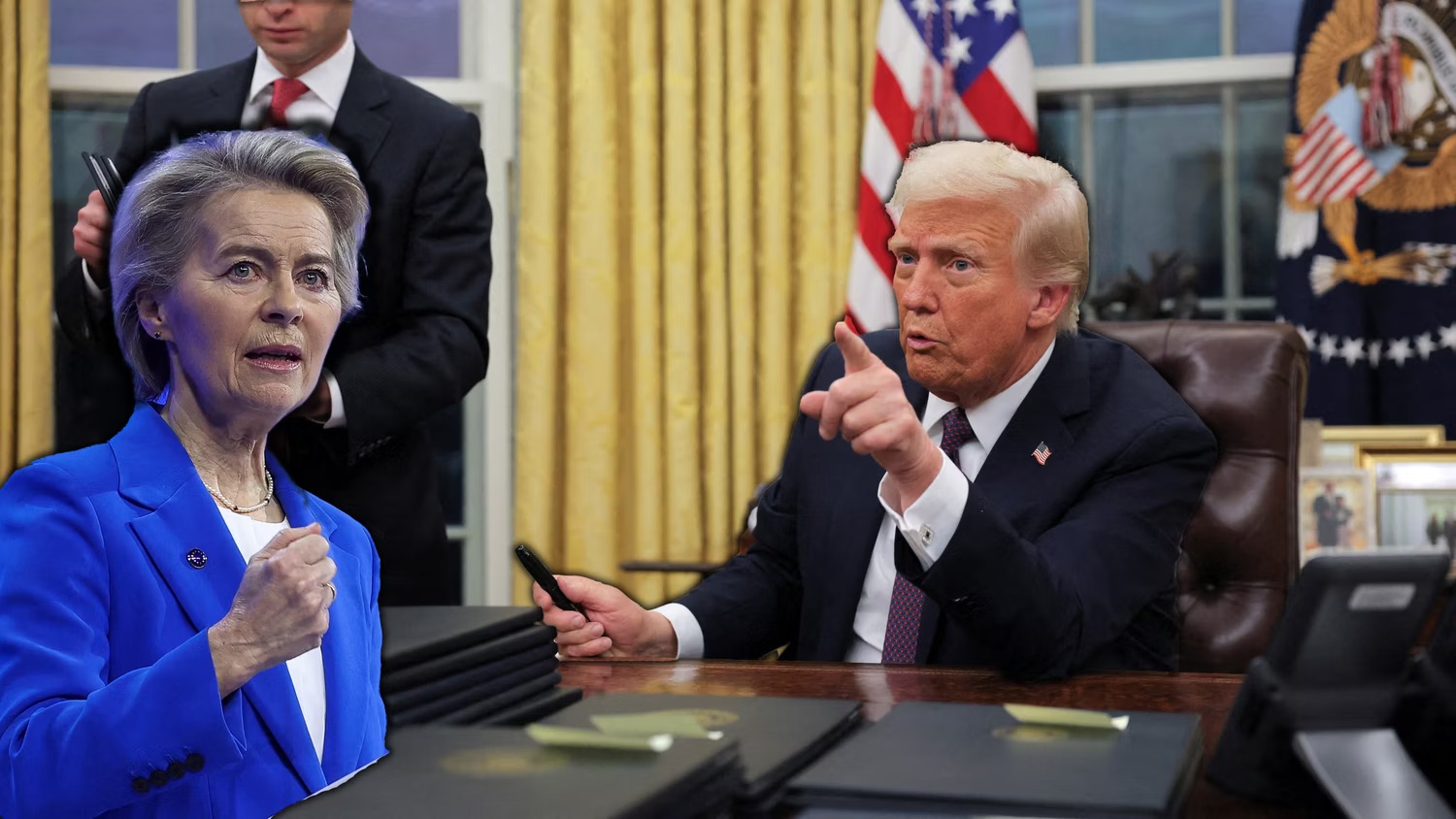
The European Union (EU) has expressed optimism about reaching a tariff agreement with the United States soon, potentially avoiding import taxes that President Donald Trump has threatened to impose on European goods.
Tariffs were originally scheduled to begin on 9 July for goods entering the US from various countries, but Trump extended talks until 1 August. An agreement with the EU—America’s largest trading partner and frequent target of Trump’s trade policies—would mark an important milestone in their economic relations.
Negotiations Remain Complex
Despite official optimism, Italy’s Economy Minister Giancarlo Giorgetti described the negotiations as “very complicated” and warned the talks might stretch until the final deadline. Other US trading partners remain cautious, preparing for tariffs to be imposed if no deal is struck.
Since April, when Trump announced his tariff plans, the highest duties were suspended amid market concerns, with a 10% tax maintained on most goods. On Monday, Trump warned 14 trading partners—including Japan and South Korea—that tariffs ranging from 25% to 40% could begin on 1 August if agreements are not reached. Later, additional tariff notices were issued for countries such as the Philippines, Iraq, and Moldova.
The White House had earlier proposed a 20% tariff on European goods, with Trump threatening to raise this to 50%. Analysts warn such tariffs could pose major risks to the US economy, given the importance of trade with the EU. The EU has also declared its readiness to retaliate.
Signs of Progress in Talks
EU spokesperson Olof Gill said on Wednesday that progress appears close, stating, “We aim to reach a deal before [1 August], potentially even in the coming days.” Trump echoed this sentiment on Tuesday, suggesting the administration was “probably two days off” from deciding a new tariff rate for the EU. Commerce Secretary Howard Lutnick told CNBC that the EU had made “significant, real offers” that would help American farmers sell more products to Europe.
Despite tariff tensions, European markets rose in early trading on Wednesday, while the UK and US markets opened flat. Analyst Dan Coatsworth from AJ Bell expressed surprise at the muted market reaction but suggested investors may be “shrugging it off,” possibly due to diminishing confidence in Trump’s negotiating threats. He noted a shift from initial panic in April to a more cautious “wait and see” approach. Some even nickname this behavior “TACO” (Trump always chickens out) trading, reflecting skepticism about the seriousness of tariff threats.
What The Author Thinks
Tariff negotiations between the US and EU increasingly feel like political theater rather than decisive economic policy. Both sides know the high stakes but use threats and delays as bargaining tools. Market responses suggest growing skepticism about how seriously these threats will be enforced. Ultimately, both economies would benefit more from stable, cooperative trade agreements than from prolonged brinkmanship.
Featured image credit: Heute
For more stories like it, click the +Follow button at the top of this page to follow us.
